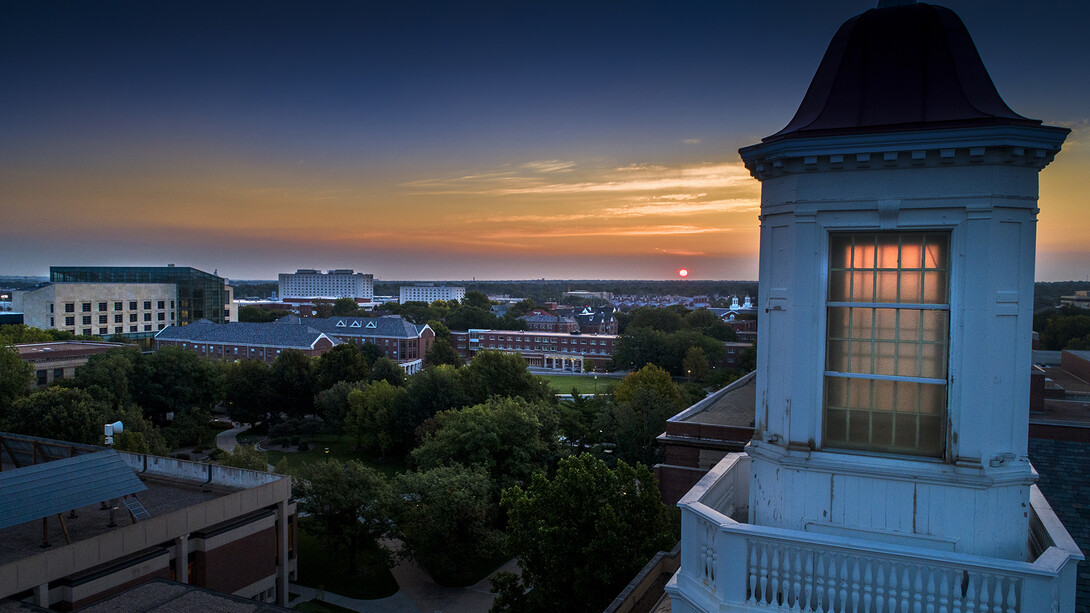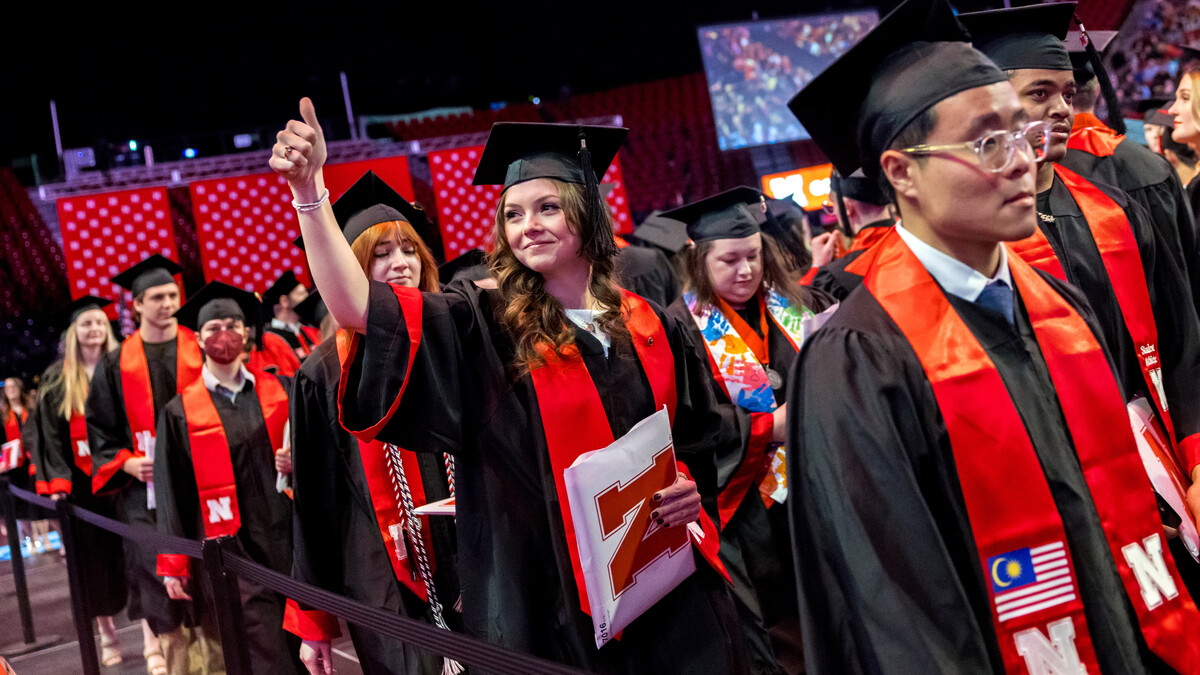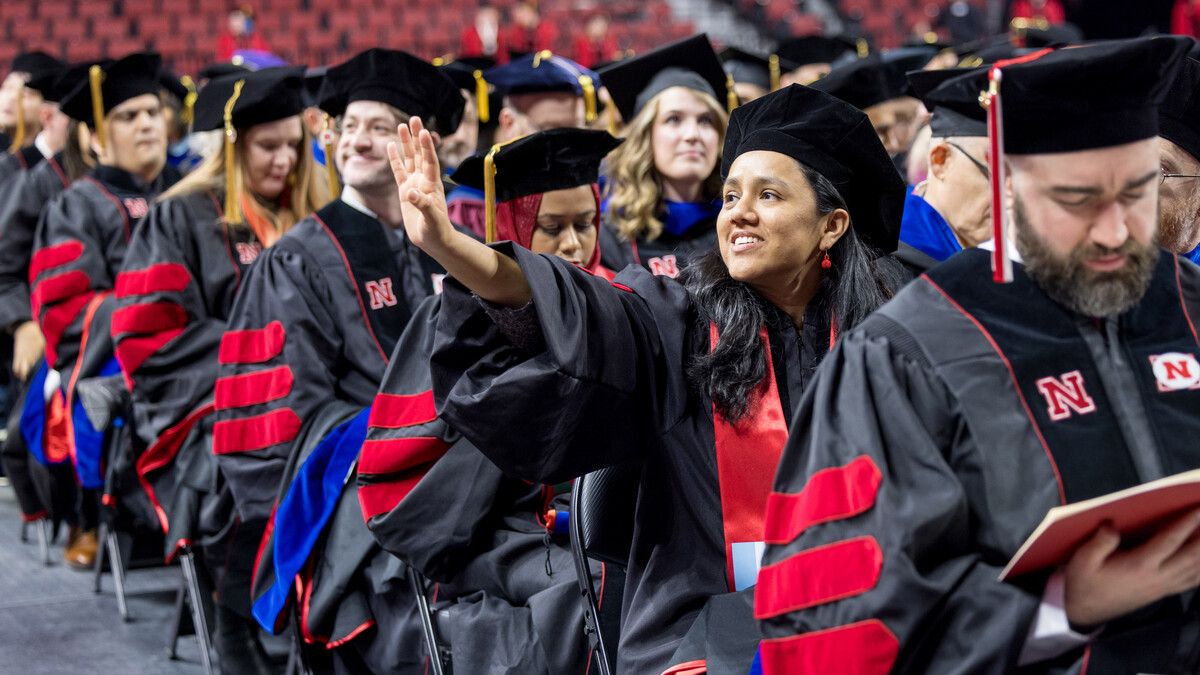
Two weeks, 14 days or 336 hours.
Just enough time to binge every episode of “The Office,” “Stranger Things” and “Community,” plus all 23 Marvel superhero movies — with a few hours to spare for studying, sleeping, eating and restroom breaks.
That’s the span required by federal, state and local health officials to quarantine if you are exposed — that is, having close contact for 15 minutes or longer — to a person who tests positive for the coronavirus disease 2019.
“At this time, there is no debate when it comes to the amount of time necessary to quarantine for COVID-19,” said Dr. Heather Eberspacher, medical director of the University Health Center. “Even if you have a negative test during the 14 days after your last close contact with the individual who tested positive, you can still develop symptoms up to that 14-day mark, per current research.
“If you fail to quarantine and go about your normal business, there’s a very real chance you will give it to many more people before you even realize you have it.”
Quarantine is the practice of separating individuals who have had close contact with someone with COVID-19 to determine if they develop symptoms or test positive for the disease. Isolation is different as it is the separation of individuals who have received a positive test result.
Quarantine can be accomplished in a campus residence hall room, Greek house or any off-campus residence. The key is remaining at your residence for the entire 14-days, avoiding contact with others, self-monitoring for symptoms and following all directions from health care professionals.
Those restrictions mean no attending class, going to work or taking part in social or outside functions of any type.
Individuals who are in quarantine should immediately notify instructors or supervisors that they will not be present in person for at least 14 days from their last contact. Instructors and supervisors can help make alternative arrangements for school and work as needed.
If an entire group living unit — such as a residence hall floor or Greek house — is quarantined, requirements elevate to a broader level. They include introduction of a no-visitors policy; individuals assigned to specific restroom stalls, showers and sinks; instruction to maintain (if possible) higher-than-normal levels of personal hygiene and living space cleanliness; and wearing face coverings if individuals leave their assigned room (unless showering).
Individuals can quarantine elsewhere, but must be mindful when traveling. Airplanes, trains and buses should not be used. Those in quarantine should travel in their own vehicle if possible. If someone has to pick them up, all passengers should travel with windows down, wearing facial coverings and sitting as far apart as possible.
Students, faculty and staff in quarantine can return to campus after the 14 day period as long as no symptoms develop in that time and no new high-risk contacts occur.
Anyone who develops symptoms during a 14-day quarantine should immediately contact a health professional and follow medical advice. If you test positive for COVID-19, immediately report the result to covid19@unl.edu or via text message to 402-266-6865 for assistance in making plans to isolate quickly and safely for everyone involved.
If you have been in close contact with an individual who tests positive, you will be notified by Lincoln-Lancaster County contact tracers and, in some cases, by a member of the university’s Public Health Advocacy Team.
All member of the campus community should monitor for symptoms daily and use the 1-Check COVID app created by Nebraska Engineering students for the University of Nebraska Medical Center.
The lone exception to the quarantine rule comes if an individual has been diagnosed and recovered from COVID-19. Under current CDC guidelines, recovery merits a three month window (the amount of time studies thus far show that the immune system holds antibodies in reserve to battle the virus) during which an individual can avoid quarantine if re-exposed. However, if any symptoms develop again, promptly isolate and contact a medical provider.
Recent CDC guidelines have established a 10-day quarantine for anyone traveling from overseas. However, that term is strictly reserved for travel and not for quarantine related to domestic exposure to the virus.
“If this community is going to remain on campus and continue to offer in-person instruction during this fall semester, we need to all work together,” Eberspacher said. “That means following to the letter all health protocols, quarantine guidelines and isolation instructions.”
Testing is available to Huskers through a TestNebraska site on campus, the University Health Center and other community health sites. Learn more about testing, reporting and contact tracing on campus.







